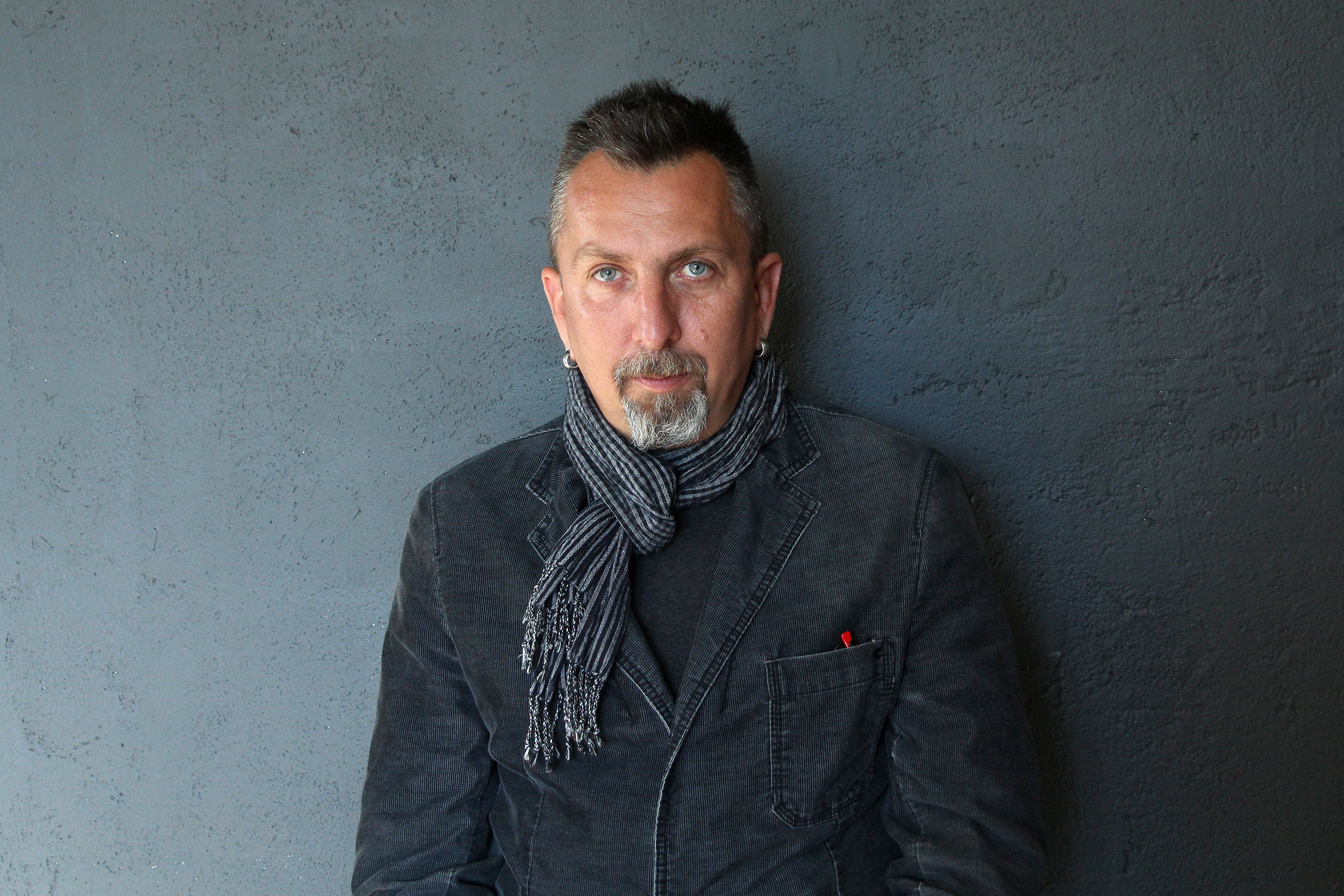- Home
- Circulars
- Programme
- Programme scheme
- Plenary talks
- Book of Abstracts
- List of symposia
- Symposium A.1: Power imbalance and hierarchies in Finno-Ugric studies
- Symposium A.2: Shifting and competing ideologies in minority language development and language maintenance
- Round-table: Finno-Ugric Studies meeting the People
- Symposium B.1: Prehistoric lexical layers in Saami and Finnic
- Symposium B.2: Perspectives on Saami with a particular focus on the smaller languages
- Symposium B.3: South Estonian within and beyond Uralic studies
- Symposium B.4: The size of Uralic nominals
- Symposium B.5: Verbalization of motion events in Uralic
- Symposium B.6: Grammatical Subjects and Objects in Uralic
- Symposium B.7: Clause combining in Uralic languages
- Symposium B.8: Epistemic categories in Uralic and beyond
- Symposium B.9: Discourse particles in the Uralic languages
- Symposium B.10: Marginal phonemes
- Symposium B.11: Prosody of Uralic languages
- Symposium B.12: Building diachronic corpora for minority languages
- Symposium C.1: Reappraising Public Representations of Finno-Ugric Identities
- Symposium C.2: The Possibilities of Studying Finno-Ugric Religions in a Changing World
- Symposium C.3: The winter in Finno-Ugric cultures
- Symposium C.4: Traditional Creation and Modern Experience in Folk Music Revival
- Symposium D.1: Transdisciplinary approach in the studies of the human past
- List of accepted papers
- Receptions
- Book presentations
- Venues
- Excursions
- Guided city walks
- Guided tour through the Estonian Literary Museum
- Introducing the University of Tartu Archives of Estonian Dialects and Kindred Languages (FULLY BOOKED)
- Excursion to Setomaa (FULLY BOOKED)
- Barge trip on the river Emajõgi (FULLY BOOKED)
- Guided tour to the Tartu KGB Cells Museum (CANCELLED)
- Guided tour to the A. le Coq Beer Museum
- Practical information
- About CIFU
- Appeal for South Estonian
- Gallery

Congressus XIV Internationalis Fenno-Ugristarum
Plenary talks
Monday, 18.08 at 11:30-12:30, Vanemuise 46-225:
Challenges of Standardizing a small Baltic Finnic Language (until the end of the 18th century): The case of Estonian Kristiina Ross is a Lead Research Fellow at the Institute of the Estonian Language. She has studied manuscript and printed Estonian Bible translations from the mid-17th century until the publication of the complete Bible in 1739, focusing on linguistic, translation-technical, and broader cultural-historical aspects. Under her leadership, the Institute of the Estonian Language has compiled databases of early Estonian Bible translations and hymn translations and published annotated source editions. In collaboration with researchers from other countries, she has examined the formation of early Estonian literary language in comparison to developments in neighboring and influential languages. She has translated essays (from the 16th to 18th centuries) from French, compiled an anthology of translations of Hebrew poetry and published a textbook on Biblical Hebrew for beginners.
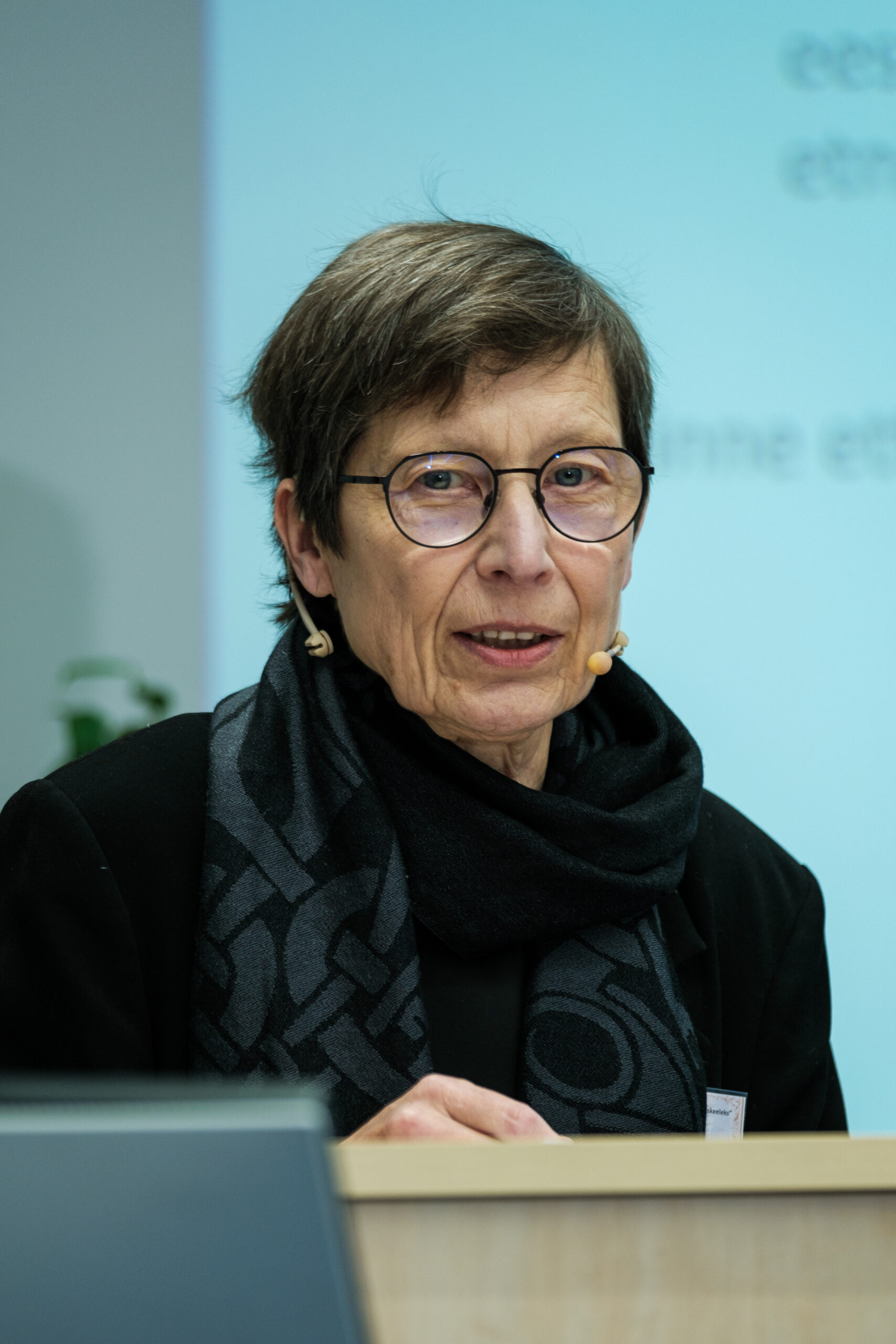
Tuesday, 19.08 at 11:00-12:30, Jakobi 2-226:
Jussi Ylikoski is Professor of Finno-Ugric languages at the University of Turku, Finland, and Adjunct Professor at the Sámi University of Applied Sciences in Guovdageaidnu, Norway. He has worked on several Saami, Finnic, and other Uralic languages, specializing in morphology, syntax, and historical linguistics. In addition to less-studied minority languages of the Uralic family, his research interests also include the major Finnic languages Finnish and Estonian and the history of Uralic linguistics. Ylikoski is also an experienced editor of scholarly publications such as the journals Journal de la Société Finno-Ougrienne, Sámi dieđalaš áigečála and currently Finnisch-Ugrische Forschungen. Photo: Suvi Harvisalo, University of Turku.
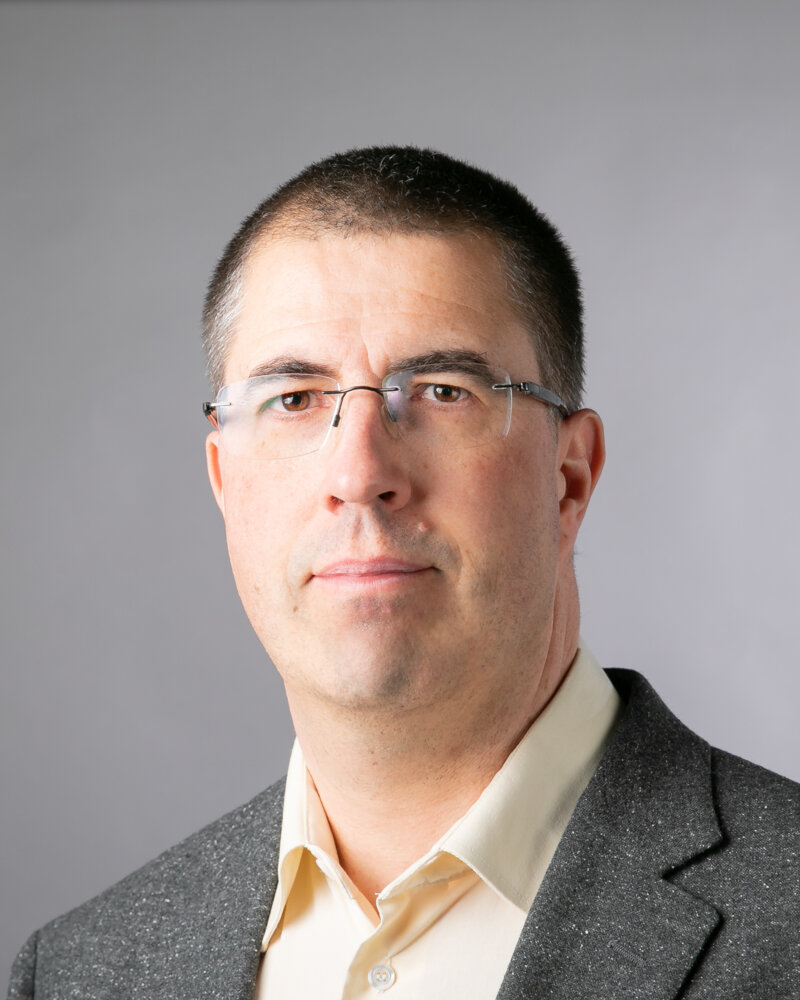 On contemporary research into Uralic grammar
On contemporary research into Uralic grammar
Wednesday 20.08 at 11:00-12:15, Jakobi 2-226:
The Construction of Hungarian Grammar: Insights from Language Acquisition Research
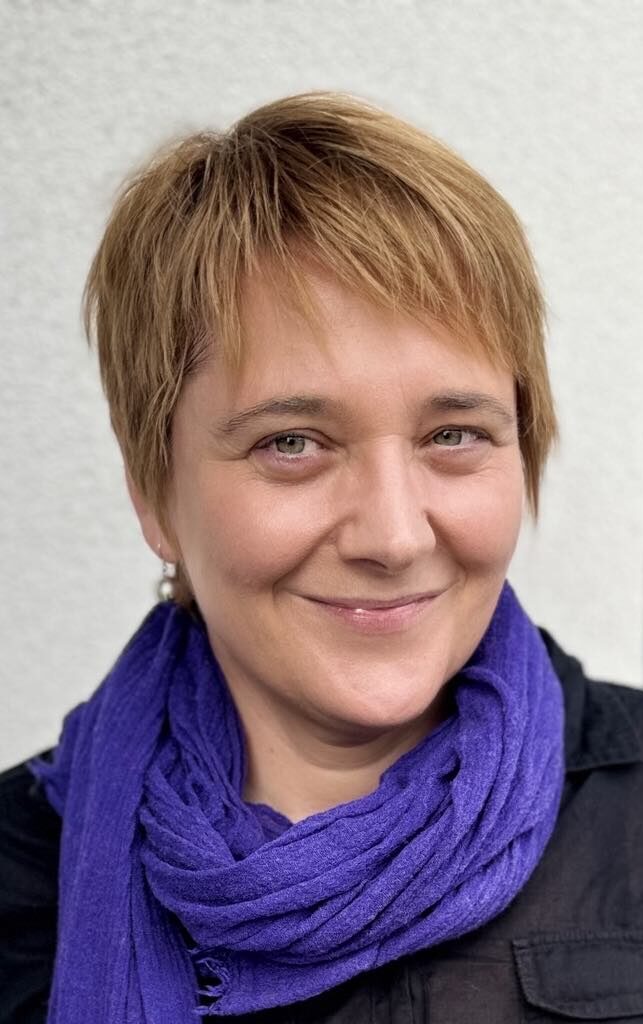 Ágnes Lukács is Professor of Cognitive Science at the Faculty of Natural Sciences, Budapest University of Technology and Economics, where she also leads the Doctoral School in Psychology. Her research explores how language and cognitive processes interact across typical and atypical development, drawing on linguistics and experimental psychology as well as developmental and clinical perspectives. She has contributed to understanding the language profiles and cognitive underpinnings of language difficulties in conditions such as Developmental Language Disorder and Williams syndrome, and has examined how mechanisms like statistical learning and executive functions support language acquisition. She has played a major role in the development of comprehensive Hungarian language screening tools for both developmental and acquired disorders of language, and has led a number of national and international research projects. Alongside her research, she teaches psycholinguistics to students of psychology and linguistics. She is widely published in journals across cognitive psychology, linguistics and cognitive neuroscience, and serves on editorial and scientific review boards in Hungary and internationally.
Ágnes Lukács is Professor of Cognitive Science at the Faculty of Natural Sciences, Budapest University of Technology and Economics, where she also leads the Doctoral School in Psychology. Her research explores how language and cognitive processes interact across typical and atypical development, drawing on linguistics and experimental psychology as well as developmental and clinical perspectives. She has contributed to understanding the language profiles and cognitive underpinnings of language difficulties in conditions such as Developmental Language Disorder and Williams syndrome, and has examined how mechanisms like statistical learning and executive functions support language acquisition. She has played a major role in the development of comprehensive Hungarian language screening tools for both developmental and acquired disorders of language, and has led a number of national and international research projects. Alongside her research, she teaches psycholinguistics to students of psychology and linguistics. She is widely published in journals across cognitive psychology, linguistics and cognitive neuroscience, and serves on editorial and scientific review boards in Hungary and internationally.
Thursday, 21.08 at 11:00-12:30, Jakobi 2-226:
Eszter Ruttkay-Miklián is currently a Senior Research Fellow at the Institute of Ethnology, HUN-REN Research Center for the Humanities. Since 1991 she has been conducting ethnographic and linguistic fieldwork among the northern Khanty groups, especially along the Synya River. Her main research interests are kinship systems and purity concepts. From 2011 to 2021, as the director of the Antal Reguly Museum and House of Arts and Crafts in Zirc, she worked on the publication and presentation of the heritage of Antal Reguly. Since 2022, as a former student of Éva Schmidt, she has been involved in the processing of Éva Schmidt’s legacy.
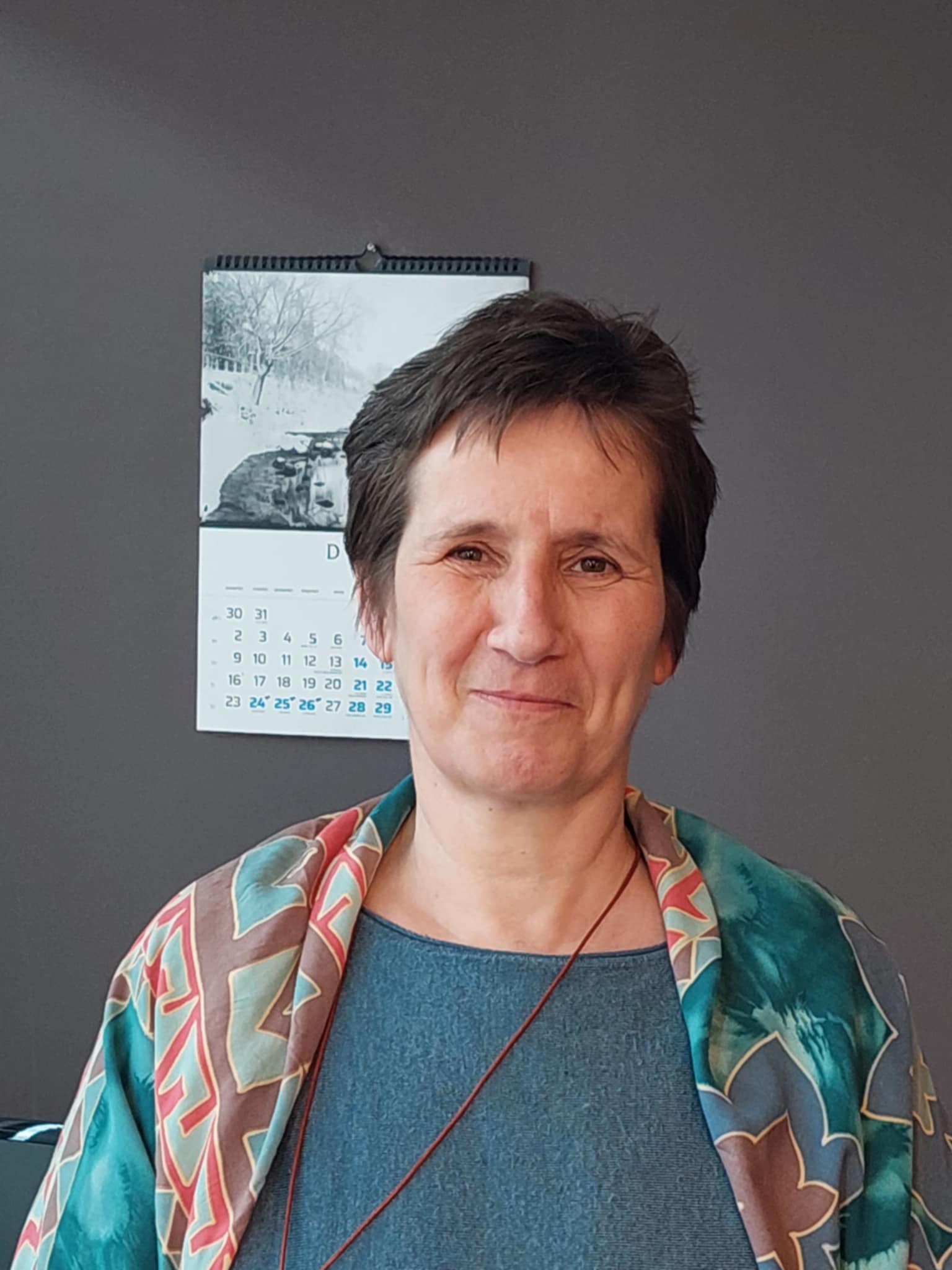 The legacy of Éva Schmidt. A lifework on, to and for the Khanty
The legacy of Éva Schmidt. A lifework on, to and for the Khanty
Friday, 22.08 at 11:00-12:30, Jakobi 2-226:
Building a Future for Livonian Valts Ernštreits is the Director and researcher of the Livonian Institute at the University of Latvia and a Livonian-born linguist and language activist. His research encompasses a broad range of fields, including language planning and standardisation, lexicography, grammar, geographical names, sociolinguistics, computational linguistics, and digital humanities. In addition, he is actively engaged in the revitalisation, development, and digital empowerment of Latvia’s indigenous Livonian language, serving as a researcher, educator, and mediator between the Livonian community, policymakers, industry, and society at large. His research and community work have been widely recognised both in Latvia and internationally. As a Livonian and one of the few remaining speakers of the Livonian language, he has participated in numerous initiatives—both physical and digital—aimed at safeguarding and promoting the Livonian language and cultural heritage for more than 30 years. He is also a researcher of the University of Tartu Institute of Estonian and General Linguistics, member of the Global Task Force for Making a UN Decade of Indigenous Languages (2022–2023) and Co-Chair of its Ad-Hoc Group on Digital Equality and Domains.
